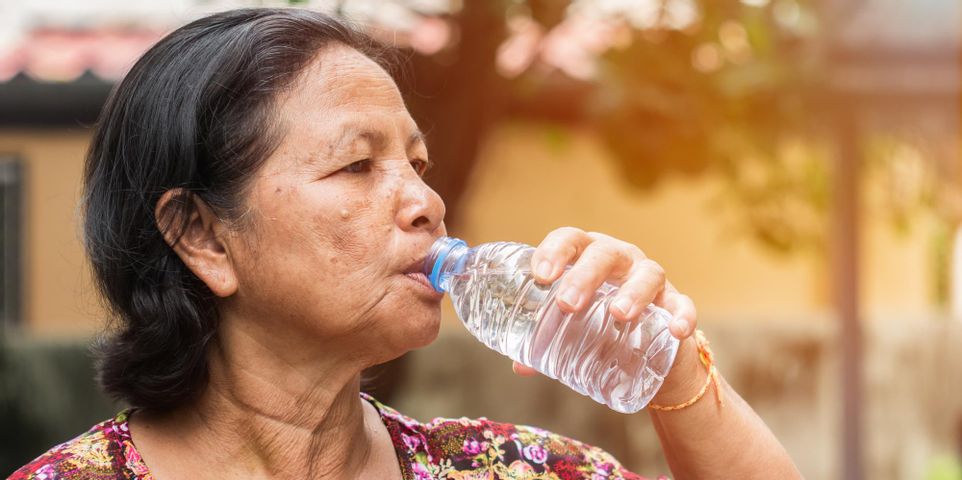
Communities that provide elderly care understand seniors changing dietary needs. However, many older individuals aren’t aware of these necessary adjustments and can benefit from learning about how to maintain a healthy diet as they age. Here are some facts to help them understand some nutritional changes they may want to consider as they transition into their golden years.
How Age Affects Nutritional Needs
Caloric Intake
Seniors often aren’t as hungry as they were when they were younger. Stress, hormonal changes, and medication can all contribute to this issue. Additionally, seniors often have decreased senses of smell and taste, making them less interested in eating overall.
However, seniors must eat enough calories to function daily. The Office of Disease Prevention and Health Promotion recommends that men over age 51 who are sedentary eat 2,000 calories per day while those who are physically active will benefit from eating between 2,400 and 2,800. Women over age 51 who are inactive should eat 1,600, while those who walk three to four miles per day will better benefit from eating 2,000-2,200 daily.
Nutrient Intake
 The National Council on Aging recommends that seniors include lean protein, fruits and vegetables, whole grains, and low-fat dairy in every meal. Elderly care communities often follow these guidelines to ensure each meal features high fiber for healthy digestion, low sodium to improve hydration, and plenty of calcium to improve bone health. Seniors should discuss their current weight and health goals with their doctors to learn what nutrients to include in their diets to improve their quality of life. They can then use this information to inform their dietary choices in the elderly care facility they live in.
The National Council on Aging recommends that seniors include lean protein, fruits and vegetables, whole grains, and low-fat dairy in every meal. Elderly care communities often follow these guidelines to ensure each meal features high fiber for healthy digestion, low sodium to improve hydration, and plenty of calcium to improve bone health. Seniors should discuss their current weight and health goals with their doctors to learn what nutrients to include in their diets to improve their quality of life. They can then use this information to inform their dietary choices in the elderly care facility they live in.
Hydration
According to the Mayo Clinic, many seniors are at risk of dehydration because they are taking medications that limit water intake. Additionally, older individuals have less water in their bodies and have to drink more to maintain cell growth. Infrequent urination, fatigue, confusion, and dizziness are all common signs of dehydration. The Mayo Clinic recommends drinking 3.7 liters of fluid daily for men and 2.7 liters every day for women. It can be beneficial to create a schedule, often in visual form, that can show how much water they have drunk throughout the day.
If you’re interested in transitioning to an elderly care community that features delicious, nutritious meals, tour Longhorn Village in Travis County, TX. This unique community offers life care helping seniors transition from active, independent living to memory care and rehabilitation care as needed. Call the Austin-area elderly care community at (512) 266-5600 or visit the website for information on their connection with the University of Texas alumni and previous staff.
About the Business
Have a question? Ask the experts!
Send your question

